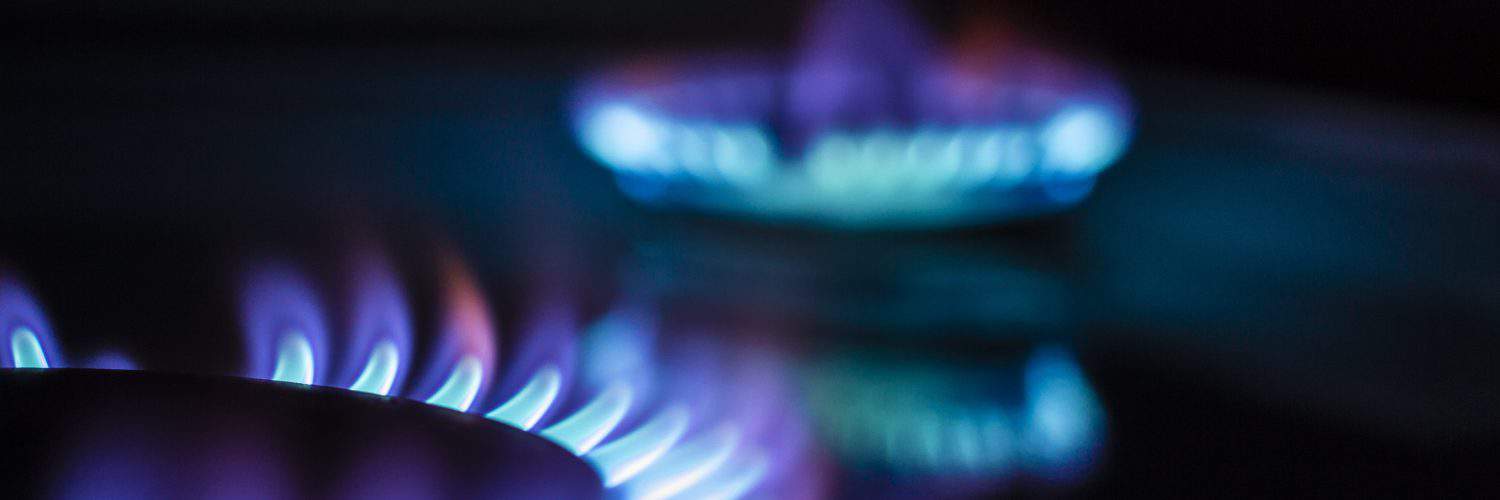Henry Hub natural gas futures continue to push above US$8/MMBtu, trading at US$8.41/MMBtu as of 1:15pm EDT Thursday afternoon. Futures are up over 100% since the beginning of the year, as European demand for US liquified natural gas (LNG) remains strong alongside global prices, and the Russian invasion of Ukraine continues. Other key drivers include production challenges, both domestically and globally, and hot summer forecasts raising supply adequacy concerns for next winter. US futures are still significantly below global prices, with natural gas trading around $28/MMBtu in Europe and $21 in Asia, increasing the risk of higher North American prices if US natural gas production does not rise quickly. US dry natural gas production remains relatively flat, estimated at 94.3 Bcf/d, as seasonal pipeline maintenance impacts production.
The EIA estimated working gas storage was 1,732 Bcf for the week ending May 13th, following an overall injection of 89 Bcf. The build was in line with market expectations and larger than the five-year average injection of 87 Bcf, but not enough to put downward pressure on prices. Colder weather late in the season has delayed a strong start to the injection season. Storage levels are now 17.1% below year-ago levels and, relative to the five-year average, 15.2% less.
In Canada, the May month-to-date AECO 5a spot rate is C$7.62/GJ, while the month-to-date Dawn Next Day weighted average index rate is currently C$9.25/GJ. May spot prices have increased 15% at AECO and 21% at Dawn, compared to April, as storage levels remain significantly below the five-year average and unexpected global events continue to put upward pressure on domestic prices. Prompt-month futures for AECO are trading at C$7.13/GJ, while Dawn is trading at C$9.97/GJ. Prices have risen, with week-over-week increases of $0.23/GJ and $0.78/GJ at AECO and Dawn, respectively. Point Logic reports Canadian natural gas storage for the week ending May 13th was sitting at 211 Bcf, after an overall injection of 6 Bcf. Eastern Canadian storage had an injection of 9 Bcf, while Western Canadian storage had a withdrawal of 3 Bcf. Storage inventories are 43.3% below the 5-year average and 39.7% below storage levels last year at this time. Canadian storage is 24% full, with Eastern storage levels now at 27% of capacity and Western storage 23% full. An injection of 10 Bcf is expected for the week ending tomorrow.
– Karyn Morrison, Energy Advisor








Add comment